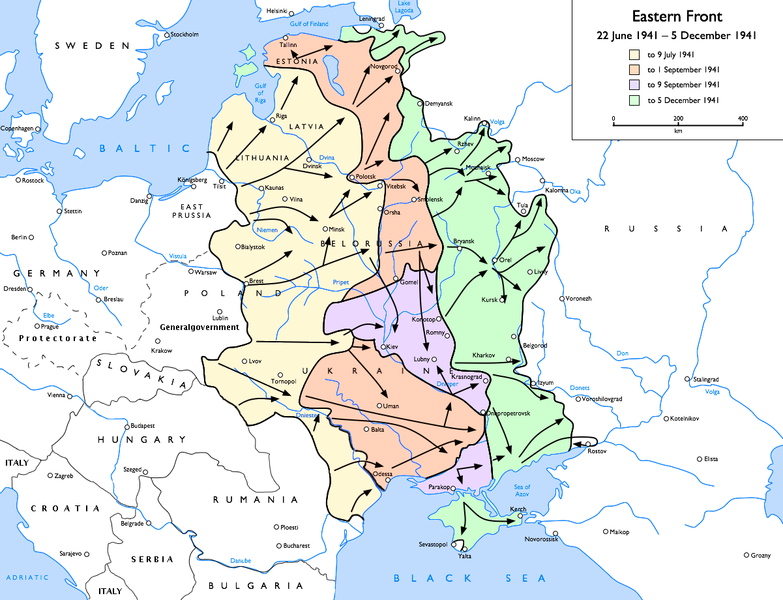Don't bet on it. There's professional historiographers with the opinion Japan could've gotten away with it.The Philippines were US territories. They had US military there. Japan simply can't attack the Philippines without drawing the US into the war. Once the US is in the war, Japan is toast, no ifs ands or buts.
That Japan wouldn't attack Pearl, however, needs all-new IJN leadership. Why? Because the budget was going to IJA & the Southern Op. IJN agreeing to that effectively turns it into little more than the IJA Transport Service, & that ain't happening. So IJN's going to use Lend-Lease & the Neutrality Patrol as excuses to say the U.S. will come to Britain's aid, so the Pacific Fleet has to be attacked.
Bypassing P.I. entirely might have been the best, if risky, option in 20/20 hindsight.
Japan didn't have 20/20 hindsight.
As for Japan winning, even with Britain fighting without the U.S.? Fuggetaboudit. It might take until 1955, but Japan is going to get beaten. (And no, I really doubt it takes that long, either.)
IMO, in the long run, it would've been better for Britain had the U.S. stayed out. All the production that went to supply U.S. forces could have supplied Britain (& Canada, Oz, NZ, Free Franze, Free Poland...), instead--& that, IMO, means Germany loses sooner.
Edit:
No, it wouldn't. The "barrier" strategy depends on IJN being able to defend SLOCs. That was impossible, because Japan's ASW doctrine was incompetent.their strategy of setting up a defensive perimeter and holding it until the Allies got tired of the conflict may have worked.
If the entire Pacific Fleet's surface strength had been destroyed 7/12, & none of the Two-Ocean surface units arrived, the Sub Force would have brought Japan's economy to the brink of ruin by mid-'45 latest, even changing nothing else. If Nimitz shows the slightest sign of better sense in deployments or BuOrd gets a fire lit under them any sooner at all, Japan loses sooner. It is unbelievably easy to make that happen.
And I've said it elsewhere, IMO, California alone could damn near have defeated Japan, with the rest of the States (mostly) sitting by eating popcorn. (With the occasional shoutout by Texas or Mass, "Hey, those are our guys!" when there are oilers or rifles being delivered. Kind of like a Canadian watching a Hollywood blockbuster.
Last edited:


